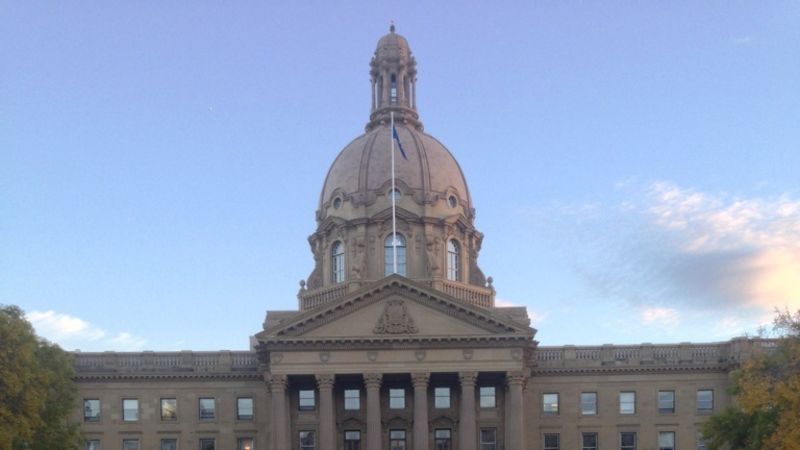
UCP unveils budget it says secures Alberta’s future
The UCP government has unveiled Budget 2023, which it says secures Alberta’s future by strengthening health care, addressing affordability, growing the economy, supporting job creation, and keeping communities safe.
The UCP is also introducing a new fiscal framework to deal with economic and revenue volatility.
Finance Minister Travis Toews says, “Fiscal responsibility matters. It’s been key to achieving our strong fiscal standing and will be essential for sustainable program delivery in the future. In Budget 2023, we continue our commitment to paying down debt all while continuing to position our economy for growth and invest in the top priorities of Albertans.”
